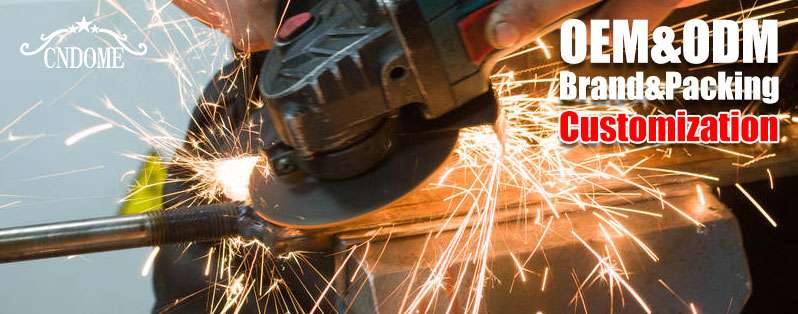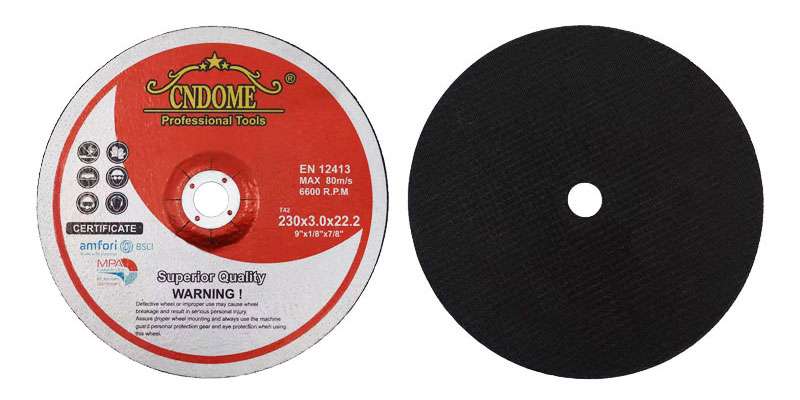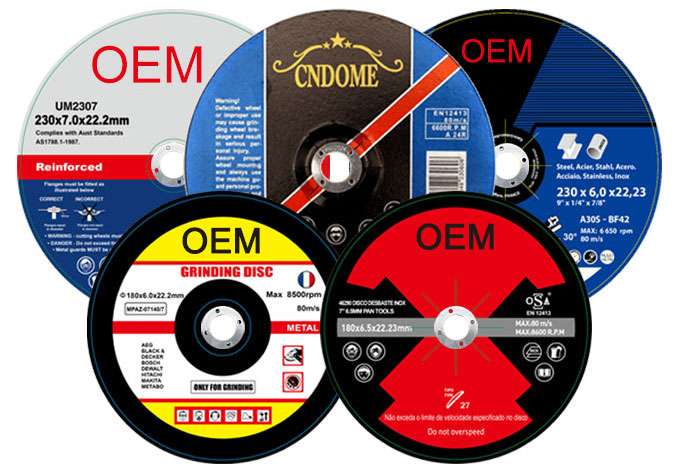Resin grinding wheels are indispensable tools in various industries, prized for their versatility and wide range of applications. These wheels, composed of a mixture of resin and abrasive materials, offer significant advantages that cater to diverse grinding needs across different materials and tasks.
1. Versatility in Material Compatibility
Resin grinding wheels are renowned for their ability to handle a wide array of materials. Whether you’re working with metals like steel, stainless steel, or non-ferrous metals, or dealing with harder substances such as stone, concrete, or ceramics, resin wheels provide consistent performance and durability. This versatility makes them ideal for workshops, construction sites, and manufacturing facilities where different materials require precise and efficient grinding.
2. Precision and Efficiency
One of the standout features of resin grinding wheels is their ability to deliver precise results with high efficiency. The resin bond, combined with carefully selected abrasive grains, ensures smooth and controlled grinding operations. This is crucial for achieving tight tolerances, smooth finishes, and maintaining the integrity of the workpiece surface. Whether you’re shaping, sharpening, or finishing, resin wheels offer the reliability needed for intricate tasks.
3. Durability and Longevity
Durability is a hallmark of resin grinding wheels, making them cost-effective over the long term. The resin bond provides excellent thermal stability, reducing the risk of overheating and premature wear. This characteristic is particularly beneficial in high-volume grinding operations where extended use is common. The longevity of resin wheels not only minimizes downtime but also enhances productivity by requiring fewer replacements.
4. Application-Specific Designs
Manufacturers offer resin grinding wheels in a variety of designs tailored to specific applications. From flat wheels for surface grinding to cup wheels for beveling and cylindrical wheels for precision grinding, each design optimizes performance for particular tasks. This specialization ensures that users can select the most suitable wheel geometry and abrasive composition to meet their exact requirements, enhancing both efficiency and quality of work.
5. Safety and Environmental Considerations
Resin grinding wheels are generally safer to use compared to traditional grinding methods, thanks to their controlled operation and reduced risk of tool breakage. Furthermore, advancements in resin formulations have led to environmentally friendly options that minimize emissions and reduce hazardous waste, aligning with modern sustainability practices.
Conclusion:
Resin grinding wheels represent a cornerstone in the realm of abrasive tools, combining versatility, precision, and durability to meet the demanding needs of various industries. Their ability to handle diverse materials and intricate tasks while ensuring safety and efficiency underscores their importance in modern manufacturing and construction practices. As technologies continue to evolve, resin grinding discs remain at the forefront, evolving to meet new challenges and further enhancing their role as essential tools for shaping the world’s materials. Whether in heavy industry or precision craftsmanship, their impact continues to be felt, driving efficiency and excellence across countless applications.



